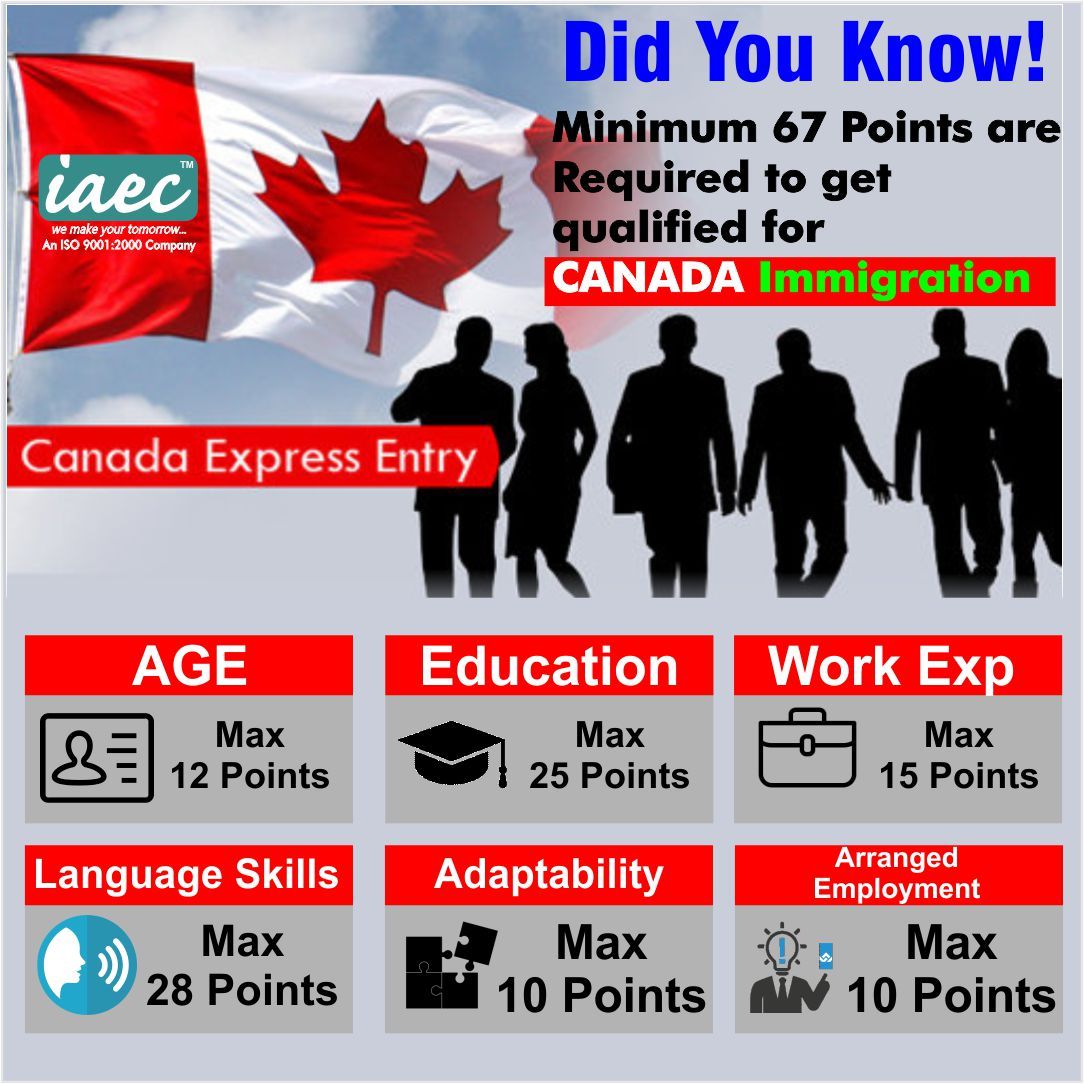What Age Do You Go To College In Canada
If you're searching for picture and video information linked to the keyword you have come to visit the ideal blog. Our site provides you with hints for seeing the maximum quality video and image content, search and find more enlightening video content and images that match your interests.
includes one of tens of thousands of video collections from several sources, especially Youtube, so we recommend this video for you to view. This site is for them to visit this site.

A study permit is legally required if you will be.
What age do you go to college in canada. After youve been admitted to a university and have received the necessary visa its time to begin your adventures in Canada. IELTS is likely to be your best bet for an English language proficiency test as all universities and colleges in Canada accept it. In some provinces early leaving exemptions can be granted under certain circumstances at 14. Enrollment of students in postsecondary institutions in Canada by age group 201718.
Finally its time to purchase your transportation to Canada. Canadian government makes tuition fees virtually free for poorer students The government unveiled new measures making college and university fees virtually free to low-income students. You can get to Montreal and Toronto from New York in just a 90-minute flight or less so you dont have to go far from the United States to broaden your horizons. Think about the cost of living in Canada and what your budget will be.
From there students may attend university college or Cegep studies. I dont think there is a minimum age for college i started at 16 but you are probably thinking of a program specific age minimums like EMT Nursing truck driving for obvious legal reasons. Advanced or TOEFL examinations. This listing provides a general outline of basic requirements for students interested in applying to a university college in Canada.
Ontario offers pre-kindergarten which children enter at about the age of 4 years. Depending on the province or territory children may start at the age of 5 or 6 and continue until they are between 16 and 18. Diploma and certificate program lengths vary between one to three years. To be allowed to go to Canada to study proof must be given that you will spend at least 833 per month in Canada.
Roughly 53 percent of Canadians over the age of 15 have completed some level of postsecondary education attending either a university college vocational school or college denseignement general et professionnel CEGEP. The province of Quebec has the Cegep system. Once you have been accepted to a Canadian university you are able to apply for a study permit. Cegep is a French acronym for College of General and Vocational Education and is two years of general or three years of technical education between high school and university.
Colleges of applied arts and technology have full-time and part-time diploma and certificate programs. Although they are freely available junior. University transfer programs involve completion of the first two years of a. Many also offer Bachelor degrees in applied areas of study.
Degrees and applied degrees are generally four years in length. Colleges tend to be more directly career-oriented than universities. In Ontario full-day kindergarten schooling for both JK and SK grades was established in 2013. The education system in Canada like many countries consists of primary schooling secondary schooling and postsecondary schooling.
Theyre in pre-school primary or secondary school and theyre already in Canada with a parent who has a work or study permit When minor children reach the age of majority 18 or 19 years old depending on the province or territory they must apply for a study permit if they want to keep studying. Universitycollege enrollment by gender 2000-2018. By law children in Canada must go to school. Select a school or program type then click Go.
You could also take the Cambridge English. Junior kindergarten and kindergarten usually run five half-days a week although alternate full days is becoming popular as school boards move to save on bussing costs. CEGEPs do not grant Bachelors Degrees but instead a College Study Diploma s or pre-university degrees which themselves shorten the time required for a bachelors from 4 to 2-3 years therefore being roughly equivalent in time to the other provinces and countries such as the US. Learn more about minors studying in Canada.
The most common is the TEF exam but you could also take DALF DELF or TCF. If you are hoping to study in a French-speaking part of Canada you are likely to need a French proficiency test. Education is compulsory up to the age of 16 in every province in Canada except for Manitoba Ontario and New Brunswick where the compulsory age is 18 or as soon as a high school diploma has been achieved. You can expect that most of this will be spent on accommodation.
Once you have that you can begin looking for accommodation. School attendance is mandatory until the age of 16 in all.

















